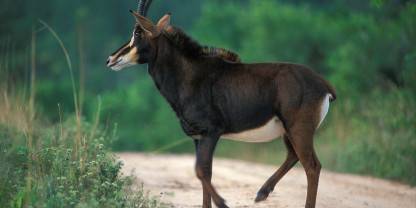Safety
Shimba Hills National Reserve is, in our opinion, a very safe destination for visitors to Kenya. Shimba Hills is usually visited from one of the nearby beach resorts south of Mombasa. There are sporadic occurrences of theft on the beaches, but as long as you don’t flaunt any valuables, there shouldn’t be a problem. The vast majority of people don’t have any crime-related issues on their holiday.
For current information about safety and traveling in Kenya, please check the travel advisories (see the ‘Governments’ Travel Advice for Kenya’ link below).
- General Travel Safety Precautions
- Cities & Urban Areas: Safety Precautions
- Safety & Security – Kenya
- Governments’ Travel Advice for Kenya
Malaria & Vaccinations
Your doctor is best placed to provide medical advice about vaccinations. Shimba Hills lies in a malaria zone. To minimize the risk, taking antimalarials is recommended. Other precautions include covering up at dusk and using mosquito repellent (those containing DEET are most effective). Malaria risk is highest in the peaks of the rainy seasons from April to May and October to November.
Wildlife Viewing
As long as you listen to the instructions provided by your guide, wildlife viewing is very safe. Incidents are extremely rare. For more information, please read the ‘Wildlife Viewing Safety Precautions' below.

